As the world becomes increasingly aware of the need to reduce our carbon footprint, electric cars have emerged as a promising solution to combat the environmental impacts of traditional gasoline-powered vehicles. In recent years, electric cars have gained immense popularity due to their numerous advantages over traditional vehicles. In this article, we will explore the world of electric cars, their rising popularity, the benefits and drawbacks of owning one, as well as the different types available on the market. Furthermore, we will delve into the specifics of the new electric car models scheduled to launch in 2023 and beyond, highlighting their key features, pros, and cons, in order to help you make an informed choice when considering purchasing an electric vehicle.
Read: The Future of Autonomous Driving
What are electric cars?
Electric cars, also known as electric vehicles (EVs), rely on electric motors powered by batteries instead of internal combustion engines fueled by gasoline. These vehicles utilize advanced battery technology, allowing them to run solely on electricity, resulting in zero direct emissions during operation. By drawing power from the electric grid, electric cars provide a cleaner and more sustainable mode of transportation, as they eliminate the harmful tailpipe emissions commonly associated with traditional cars.
Why are electric cars becoming so popular?
There are several reasons behind the surge in popularity of electric cars. Firstly, electric cars have lower or even zero tailpipe emissions, making them a cleaner alternative to conventional vehicles. This factor alone has significantly contributed to the growing concern for the environment. Additionally, advancements in technology have improved the range and performance of electric cars, alleviating the issue of limited driving distance that was once a major drawback. Furthermore, governments around the world are implementing policies and incentives to encourage the adoption of electric vehicles, such as tax credits, rebates, and more accessible charging infrastructure. These factors combined have made electric cars an attractive choice for environmentally conscious consumers.
What advantages come with driving an electric vehicle?
Owning an electric car comes with numerous benefits. Firstly, as mentioned earlier, electric cars produce zero tailpipe emissions, resulting in a cleaner and healthier environment. This makes electric cars a key component in the fight against climate change. Additionally, electric cars are more energy-efficient compared to cars with internal combustion engines. They convert a higher percentage of energy from the grid to power at the wheels, which reduces energy waste and makes them more cost-effective in the long run. Furthermore, maintenance costs for electric cars tend to be lower, as they have fewer moving parts and don’t require oil changes. Lastly, owning an electric car eliminates the dependence on gasoline, providing energy independence and potentially saving the owner money on fuel expenses.
Read: The Perfect Toyota for Your Next Adventure
What disadvantages come with driving an electric vehicle?
While electric cars offer numerous advantages, there are also some drawbacks to consider. One significant drawback is their limited range compared to traditional cars. Although the range of electric cars has improved in recent years, it remains a factor that needs to be taken into account, especially for individuals who frequently embark on long-distance travel. Additionally, the charging infrastructure for electric cars is still developing, and finding public charging stations can be a challenge in certain areas. Furthermore, the initial cost of purchasing an electric car tends to be higher compared to traditional vehicles, although this disparity is gradually decreasing as technology advances and economies of scale come into play.
What are the different types of electric cars?
Electric cars come in several different types, catering to the diverse needs and preferences of consumers. Below are some of the main types of electric cars available on the market:
- Battery Electric Vehicles (BEVs): These vehicles are completely electric. Operate exclusively on electricity. There is no internal combustion engine in them; instead, rechargeable batteries provide their power.
- Example: Tesla Model 3
- Plug-in hybrid electric vehicles (PHEVs) are a type of vehicle that incorporates both an internal combustion engine and an electric motor, along with a battery pack. Both fuel and electricity can power them.
- Example: Ford Mustang Mach-E
- Hybrid Electric Vehicles (HEVs): HEVs utilize both an internal combustion engine and an electric motor, but unlike PHEVs, they cannot operate solely on electricity.
- Example: Toyota Prius
- Fuel Cell Electric Vehicles (FCEVs): FCEVs use a fuel cell stack to convert hydrogen into electricity, which then powers the electric motor. Water vapor is the only byproduct, making FCEVs emission-free.
- Example: Toyota Mirai
Now that we have covered the basics of electric cars and their various types, let’s take a closer look at the new electric car models set to hit the market in 2023 and beyond.
New electric car models for 2023 and beyond
Tesla Model 3
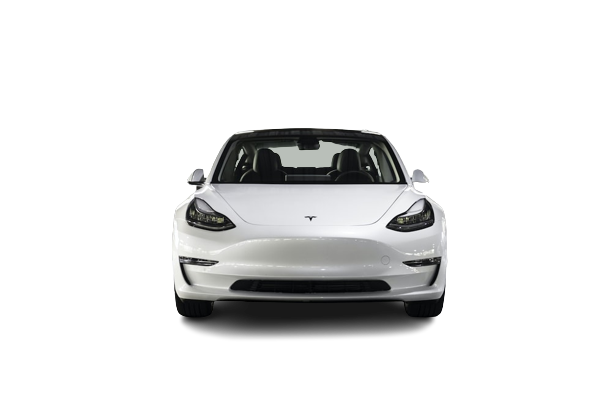
The Tesla Model 3 has garnered significant attention since its release and continues to be a leader in the electric car market. This compact sedan offers a range of over 300 miles, making it suitable for both short commutes and long journeys. The Model 3 boasts impressive acceleration, allowing it to reach 60 mph in a matter of seconds. Moreover, its cutting-edge technology and self-driving capabilities set it apart from other electric car models.
Tesla Model Y

The Tesla Model Y, being an SUV, combines the versatility of a family-friendly vehicle with the efficiency and eco-friendliness of an electric car. With a range similar to the Model 3, the Model Y offers ample space and comfort for passengers and cargo. Its sleek design and advanced features make it an enticing option for those seeking both performance and practicality.
Ford Mustang Mach-E
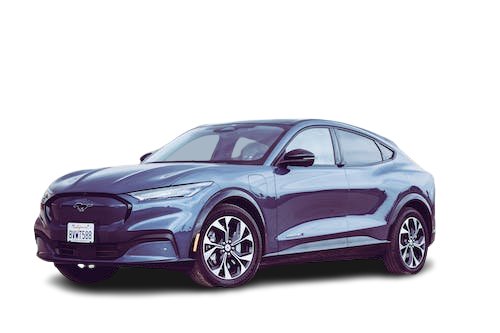
The Ford Mustang Mach-E brings an electric twist to the iconic Mustang nameplate. This all-electric SUV boasts a range that can surpass 300 miles on a single charge, allowing for worry-free long-distance travel. With its head-turning design and impressive performance, the Mustang Mach-E caters to those seeking a blend of sportiness and sustainability.
Chevrolet Bolt EV
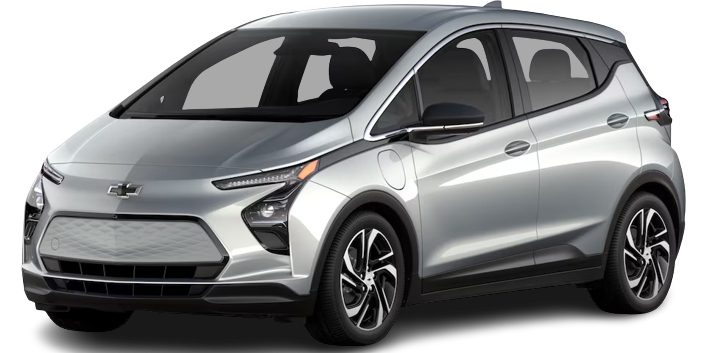
The Chevrolet Bolt EV presents a practical and affordable option for electric car enthusiasts. With a range of around 250 miles, this compact hatchback accommodates both city driving and weekend getaways. Its smooth acceleration and comfortable interior make it a reliable choice for everyday commuting.
Read: The Top-Rated Cars for Safety: A Comprehensive Guide
Nissan Leaf
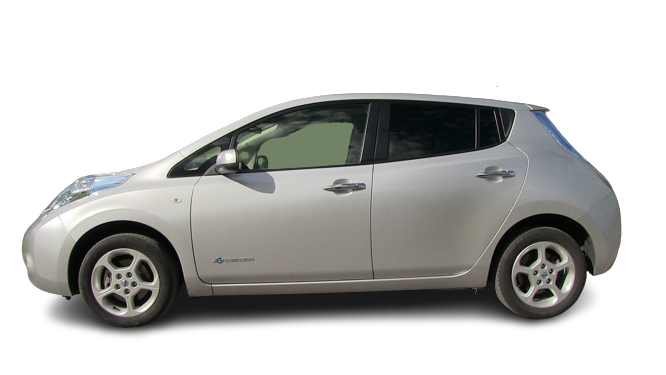
The Nissan Leaf has been a pioneer in the electric car market since its debut. Now, with updated features and enhanced range capabilities, the Nissan Leaf remains a popular choice for eco-conscious consumers. Its spacious cabin and user-friendly technology further contribute to its appeal.
Hyundai Ioniq 5
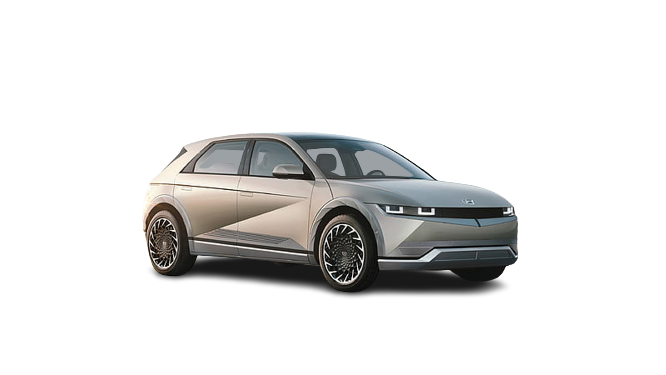
The Hyundai Ioniq 5 combines cutting-edge design with impressive performance. With a range of over 300 miles, rapid acceleration, and an abundance of innovative features, this electric SUV stands out in the market. Furthermore, the Ioniq 5’s bidirectional charging capability allows it to power external devices, providing a convenient energy source on the go.
Kia EV6

As Kia’s first dedicated electric vehicle, the EV6 aims to leave a mark in the electric car segment. Offering a range exceeding 300 miles, the EV6 boasts swift acceleration and a sleek design that captures attention. Equipped with futuristic technology and luxurious amenities, this electric crossover provides a high-tech driving experience.
Volkswagen ID.4
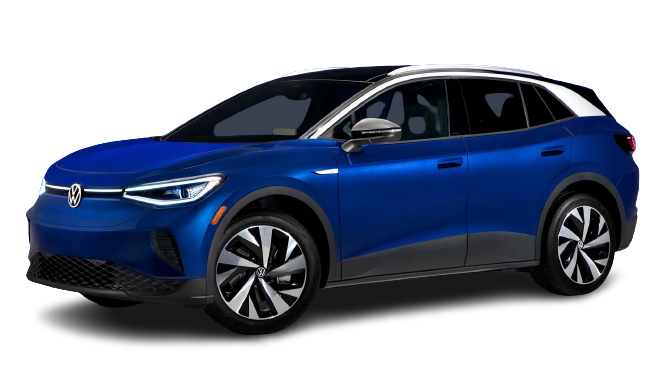
The Volkswagen ID.4 showcases the German automaker’s commitment to electrification. This compact SUV offers a range suitable for daily commuting, along with a spacious interior and versatile cargo space. With its robust performance and stylish appearance, the ID.4 caters to those seeking a well-rounded electric car.
Read: Fuel-Efficient Driving Tips
Audi e-tron GT
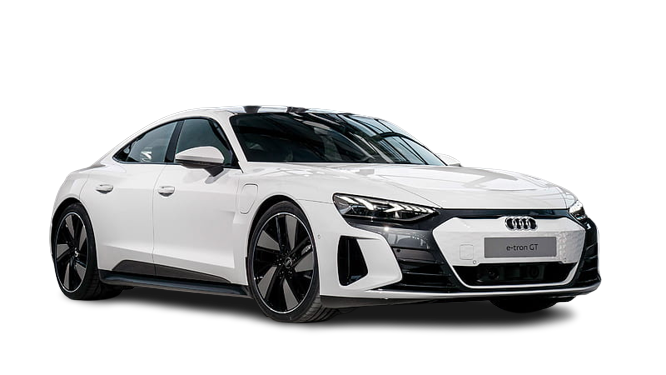
The Audi e-tron GT brings electric performance to the luxury segment. This stunning sedan combines Audi’s renowned craftsmanship with advanced electric technology. With a range that surpasses 200 miles and thrilling acceleration, the e-tron GT delivers an exhilarating driving experience while maintaining comfort and elegance.
BMW iX
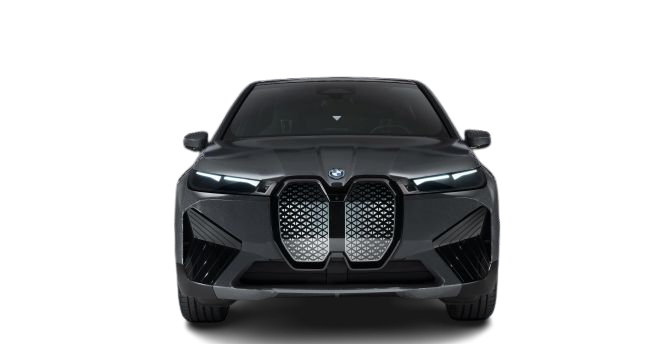
The BMW iX represents the brand’s vision of the future. This all-electric SUV boasts a powerful range and quick acceleration, making it suitable for both daily commutes and long road trips. With its advanced connectivity features and luxurious interior, the iX paves the way for sustainable driving without compromising on comfort and style.
Rivian R1T
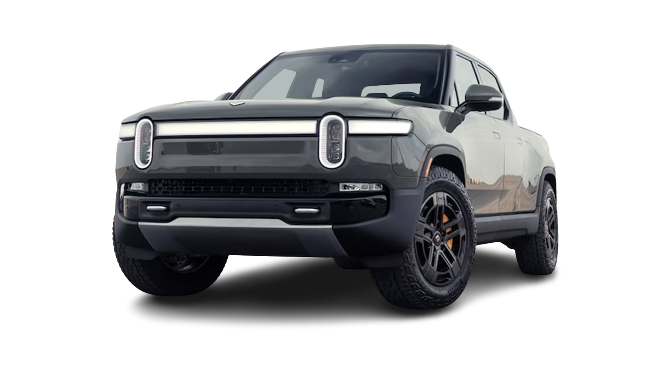
The Rivian R1T is an electric pickup truck designed to handle both rugged terrain and everyday driving. With exceptional off-road capabilities and a range surpassing 300 miles, this all-electric truck provides versatility and sustainability for adventure seekers and professionals alike.
Lucid Air
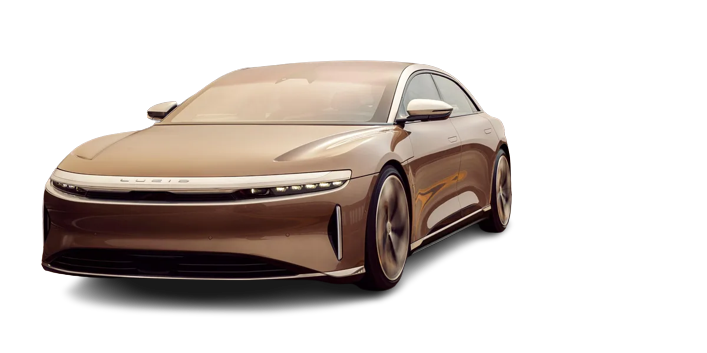
The Lucid Air is a luxury electric sedan that aims to redefine the standard for high-performance electric vehicles. With an impressive range, lightning-fast acceleration, and luxurious features, this electric masterpiece provides a seamless blend of sustainability and elegance.
Key features of these new electric car models
When considering the new electric car models, several key features should be taken into account:
- The range of a car pertains to how far it can go on a single charge. Models with longer ranges offer greater flexibility and reduce range anxiety.
- Acceleration: Electric cars are known for their instant torque, enabling them to accelerate quickly. The acceleration of a car can contribute to its overall performance and driving experience.
- Top speed: While everyday driving rarely requires top speeds, having a high top speed may be desirable for those seeking a thrilling and capable electric vehicle.
- Charging time: The time it takes to recharge an electric car varies between models. Faster charging times allow for more convenience and less waiting around during long trips.
- Price: The price of electric cars varies across models, depending on factors such as brand, features, and performance. It is essential to consider the affordability of the vehicle when making a purchase decision.
- Other features: Some electric car models come equipped with additional features, such as advanced self-driving technology, luxurious interiors, and cutting-edge infotainment systems. These extra features can enhance the overall driving experience and convenience.
Pros and cons of each new electric car model
Each of the aforementioned new electric car models possesses its own set of advantages and disadvantages. It is crucial to consider these factors when deciding which electric car is the right fit for you. While the pros highlight the strengths of each model, the cons shed light on areas where improvements could be made.
To get a comprehensive understanding of the pros and cons of each new electric car model, it is recommended to research and test-drive the vehicles of interest. This will allow you to evaluate the specific features and performance aspects that align with your preferences and needs.
Read: What are the Demands of the Striking Autoworkers?
When deciding, take these things into account:
Choosing the right electric car model depends on individual preferences, lifestyle, and priorities. Before deciding, think about the following:
- Range requirements: Evaluate your daily driving habits and determine the range required to accommodate your needs, considering factors such as commuting distance, frequent long-distance trips, and access to charging infrastructure.
- Performance preferences: Determine the desired level of acceleration and top speed based on personal driving preferences and requirements. Consider whether you prioritize quick acceleration or prefer a smoother driving experience.
- Budget considerations: Set a realistic budget for your electric car purchase and compare the prices of different models, factoring in long-term savings on fuel and maintenance costs.
- Additional features: Take into account any specific features or technologies that are important to you, such as self-driving capabilities, luxurious interiors, or advanced infotainment systems.
By carefully considering these factors, you can narrow down the choices and find the electric car model that best fits your needs and preferences.
Conclusion
The future of electric cars is undoubtedly bright. As governments, manufacturers, and consumers increasingly prioritize sustainability, the electric car market will continue to flourish. The new electric car models scheduled for release in 2023 and beyond promise exciting advancements in range, performance, and technology. With their numerous benefits, including reduced emissions, energy efficiency, and lower maintenance costs, electric cars present a compelling option for eco-conscious individuals.
Choosing the right electric car requires thoughtful consideration of factors such as range, performance, price, and additional features. By assessing your unique requirements and priorities, you can make an informed decision and embark on an impactful journey towards sustainable transportation.
Remember, the road to a greener future starts with each individual’s choice. Embrace the benefits of electric cars, enjoy their advancements, and contribute to a cleaner and healthier planet.
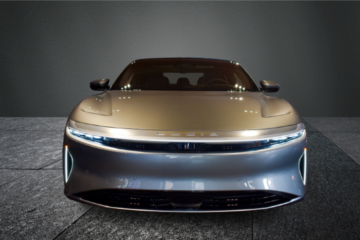


0 Comments